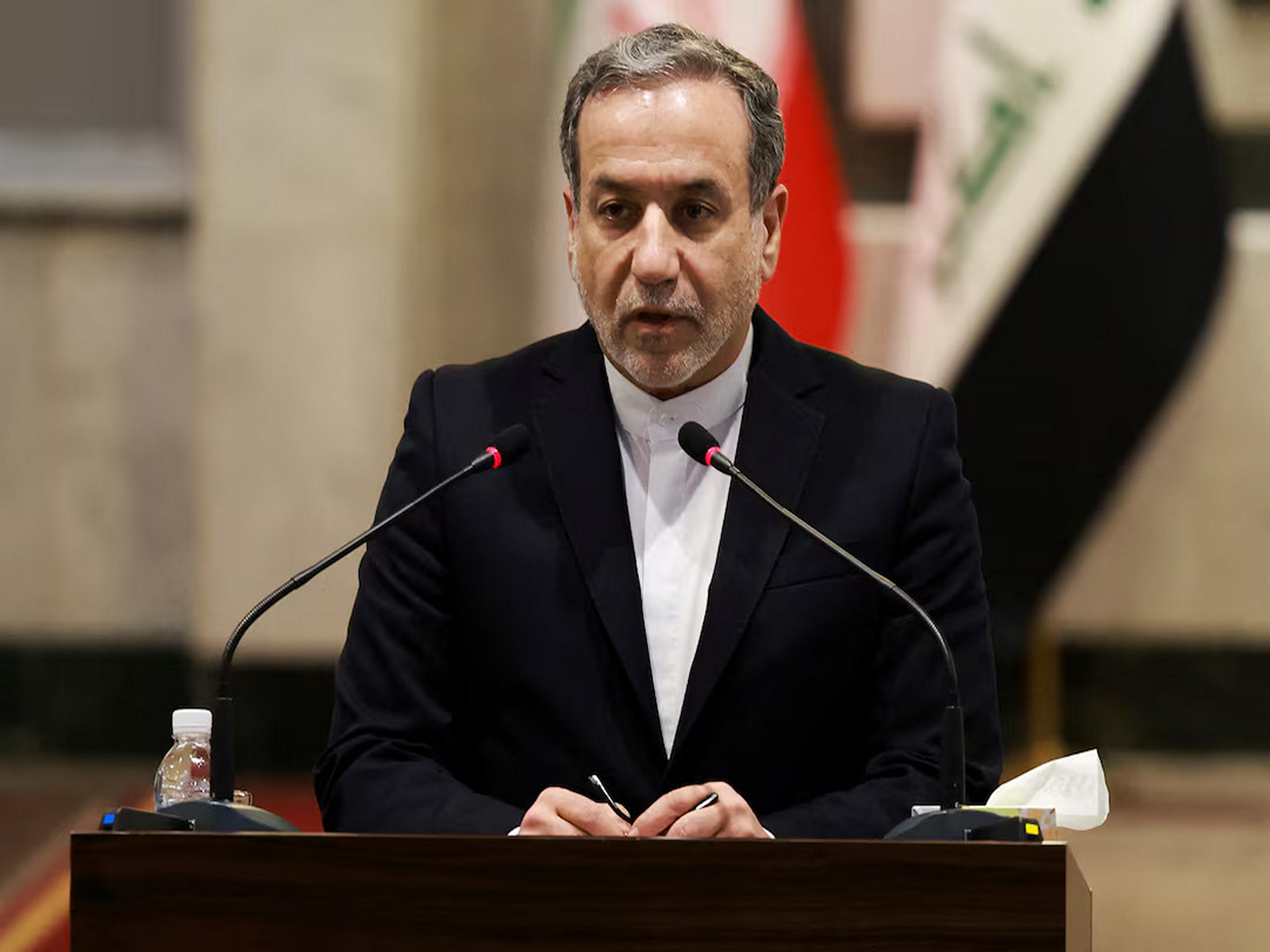- US-Iran nuclear talks to resume in Geneva against backdrop of military threat Reuters
- US-Iran talks live: Nuclear talks kick off in Geneva amid tensions Al Jazeera
- US and Iran to hold talks as pressure for nuclear deal builds BBC
- Iran sees…
Category: 2. World
-
US-Iran nuclear talks to resume in Geneva against backdrop of military threat – Reuters
-
US issues fresh sanctions – Business Recorder
- US issues fresh sanctions Business Recorder
- US issues new Iran sanctions on eve of nuclear talks in Geneva Al Jazeera
- OFAC Targets Iran’s Shadow Fleet and Weapons Networks Windward
- Daily World Briefing, Feb. 26 Xinhua
- US Treasury sanctions over…
Continue Reading
-
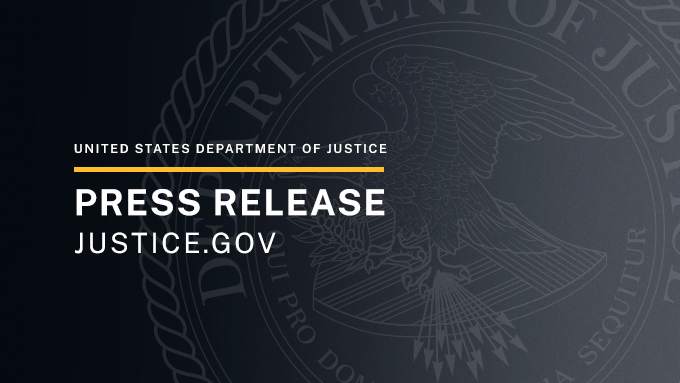
Office of Public Affairs | Former U.S. Air Force Pilot Arrested for Providing Defense Services to the Chinese Military
Former U.S. Air Force officer and pilot Gerald Eddie Brown, Jr., also known by the call sign “Runner,” 65, a U.S. citizen, was arrested today in Jeffersonville, Indiana. Brown was charged by criminal complaint for providing and conspiring to…
Continue Reading
-
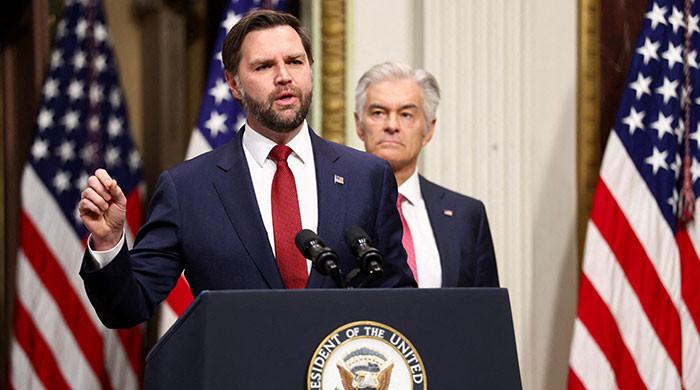
US says Iran trying to rebuild nuclear programme
US Vice President JD Vance speaks next to Administrator for the Centers for Medicare & Medicaid Services Mehmet Oz about combating fraud at the Eisenhower Executive Office Building in Washington, D.C., US, … Continue Reading
-
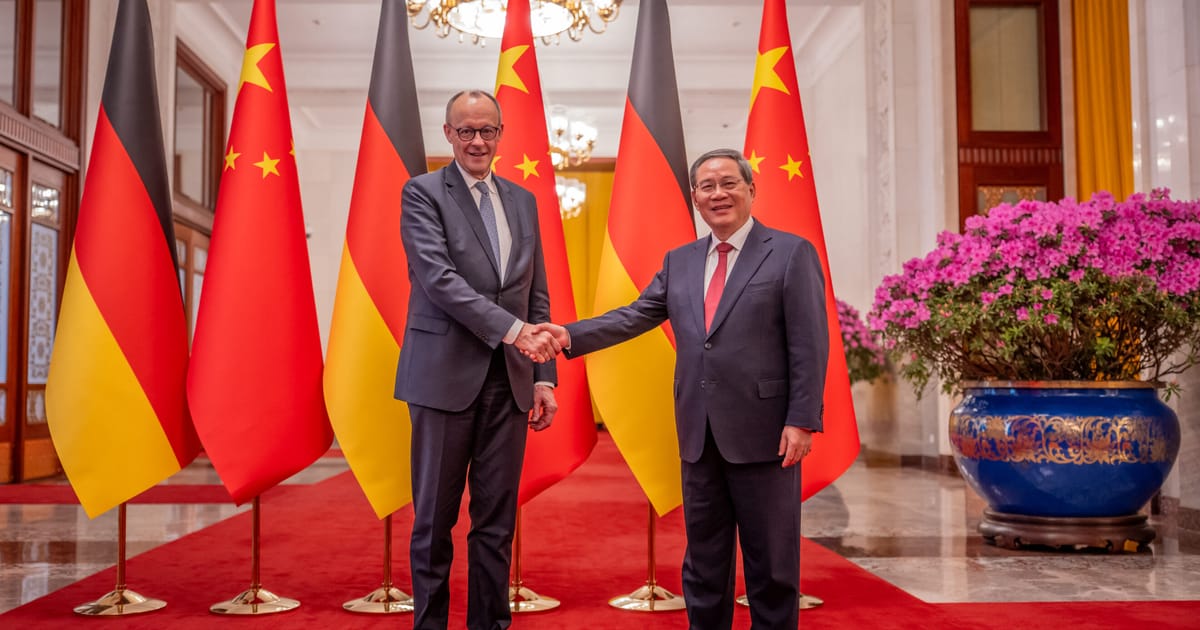
Merz calls for rebalancing of Germany’s ‘unhealthy’ trade ties with China – POLITICO
In advance of Merz’s trip, some German business leaders called on the chancellor to take a harder line on Chinese industrial policies that lead to price advantages for its companies — including subsidies, deliberate dumping and an…
Continue Reading
-
After Trump remarks, what is status of Iran's weapons programs? – Reuters
- After Trump remarks, what is status of Iran’s weapons programs? Reuters
- Ahead of talks, Trump makes a case for invasion of Iran Dawn
- For Trump, Military Strike in Iran Could Serve Symbolic Purpose The New York Times
- How Trump’s 2026 Iran…
Continue Reading
-

US and Iran nuclear talks at critical stage amid threat of Trump tearing up terms of success | Iran
Iran enters critical talks on its nuclear programme with the US on Thursday, insisting a deal is in reach as long as Washington sticks by its willingness to concede Iran’s symbolic right to enrich uranium, allow Tehran to dilute its stockpile…
Continue Reading
-

Qatar reaffirms support for Syria
GENEVA – Minister of State for International Cooperation of Qatar Mariam bint Ali bin Nasser Al Misnad reaffirmed her country’s support for Syria and its people, welcoming the Syrian government’s engagement with United Nations…
Continue Reading
-
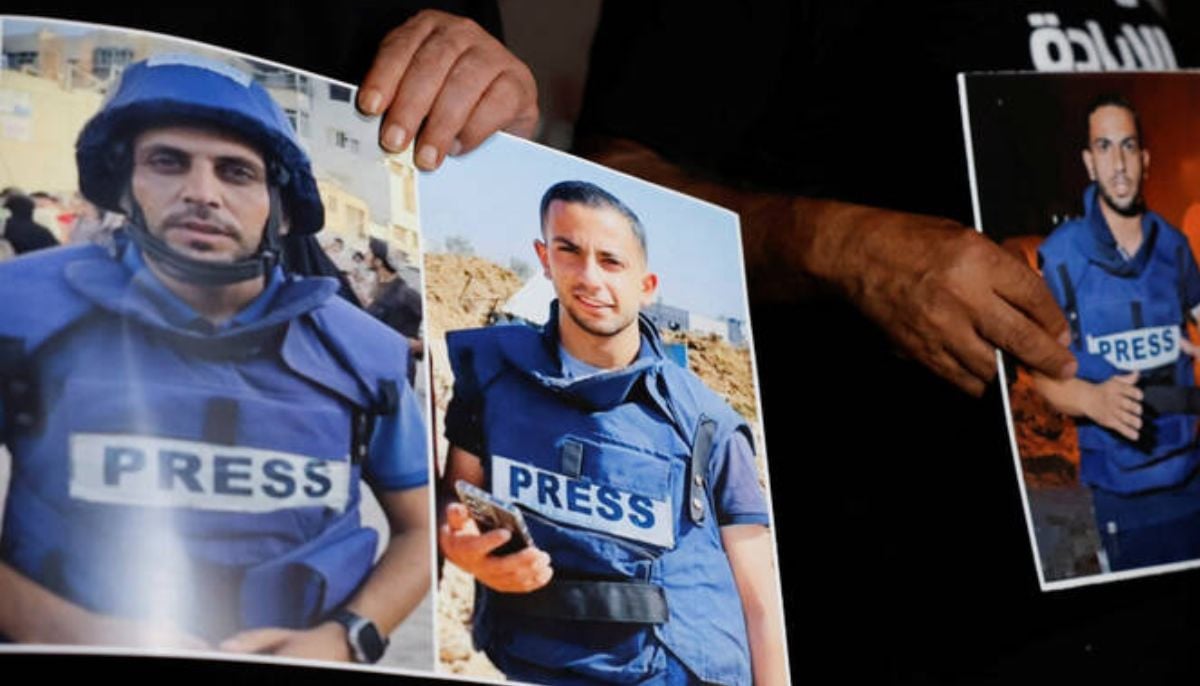
Israel behind majority of journalist deaths worldwide, watchdog claims
A media watchdog has claimed that more journalists were…
Continue Reading
